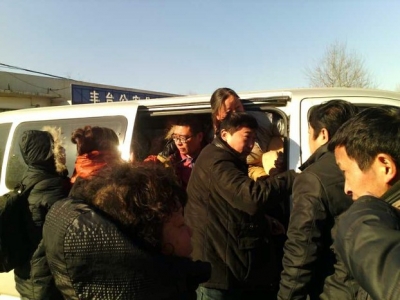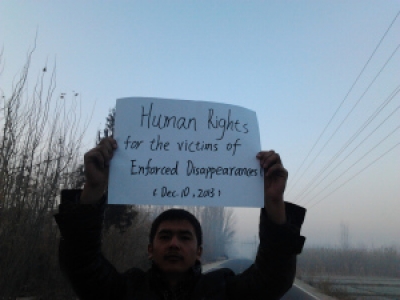Xi Jinping orders major strategic plans for Xinjiang
Chinese president and Communist Party chief Xi Jinping made a major strategic decision regarding northwestern China's troubled Xinjiang Uyghur autonomous region towards the end of last year, reports the website of the pro-Beijing Hong Kong newspaper Ta Kung Pao. The Politburo Standing Committee, China's top decision-making body, heard a special report on Xinjiang issues on Dec. 19, with Xi personally ordering departments to develop major strategies to tackle problems in the region over the following week, said Ta Kung Pao, citing a Jan. 7 report in the Chinese-language Xinjiang Daily.



